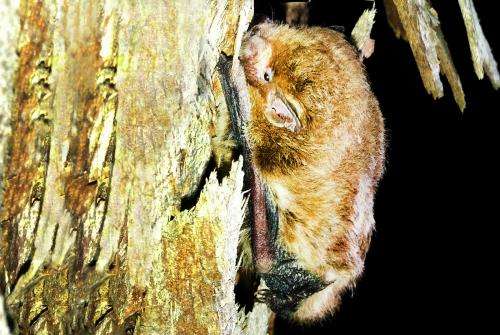Bush Capital could lose its old trees

(Phys.org) —The bush capital is losing its large old native trees so fast it may have none left within 120 years, an ANU study has found.
Researchers have surveyed trees in green spaces across Canberra and projected their future numbers.
"We predict there will be a considerable decline in the number of large old trees in the next few centuries under current tree management practices," says Darren Le Roux, PhD student at ANU, who led the study.
"Worst case scenario, we could have a complete loss of large old trees within 120 years."
Large trees provide myriad resources that are crucial for biodiversity, such as hollows for parrots, possums and bats, or peeling bark and debris that host insects and fungi.
Although their optimal standing life should be at least 450 years, Canberra's trees average less than 300 years – in some cases as low as 60 years.
"Perceptions of large trees as overly hazardous structures can lead to trees being unnecessarily removed," says Mr Le Roux.
"We need to find better ways to manage conflicts of interest. The first action doesn't have to be to cut down trees. With innovative thinking and landscaping techniques you can separate people from 'risky' trees and still ensure public and property remains safe."
The study highlights that tree decline can be arrested if trees are allowed to stand longer than currently tolerated, and if the number of seedlings being planted is increased.
In the short term, reduced availability of habitats provided by large trees, such as hollows, must also be supplemented with artificial structures, such as nest boxes, to prevent species declines.
"Big, gnarly, old eucalypts invoke a sense of the classic Australian bush that cannot be replaced by planting a seedling. Our landscapes will be very different without them," says Dr Philip Gibbons, a co-author of the study.
"Large trees are not just important for wildlife. They also play important functional and aesthetic roles in society, such as increasing real estate values and providing shade," says Mr Le Roux.
More information: Le Roux DS, Ikin K, Lindenmayer DB, Manning AD, Gibbons P (2014) "The Future of Large Old Trees in Urban Landscapes." PLoS ONE 9(6): e99403. DOI: 10.1371/journal.pone.0099403
Journal information: PLoS ONE
Provided by Australian National University



















